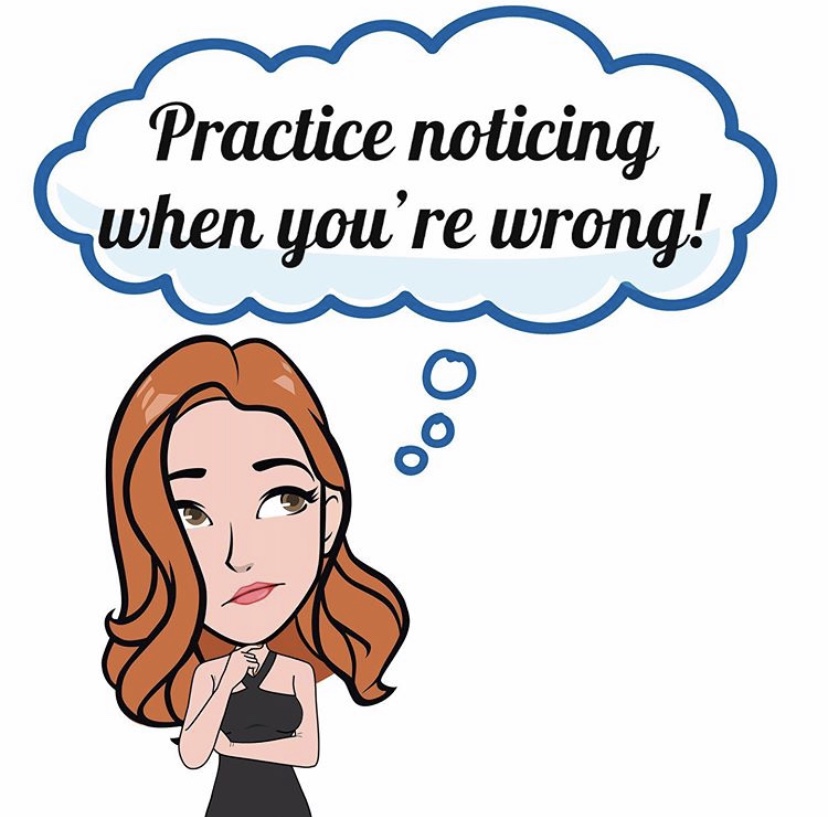
Practice Noticing When You’re Wrong: Confirmation Bias
Mar 09, 2020Our thoughts are not always facts. We’re all prone to errors or systematic biases in our thinking. As a result, our processing of information biased. For example, in depression and anxiety, thinking tends to be overly negative—little attention is paid to the positive and the neutral.
One overarching thinking error is confirmation bias: we selectively focus on the information that supports our beliefs and overlook what contradicts them. Confirmation bias can strengthen our negative beliefs about the self and others. The person who believes he’s a failure will take note of every shortcoming and overlook every success. Confirmation bias can also interfere with our ability to change unwanted behavior patterns. The socially anxious person wants to be more social, but believes others will reject him. As a result of confirmation bias, he pays close attention to every rebuff, overlooks the friendliness of others, and continues to avoid people.
One way to offset for confirmation bias, is to deliberately practice taking note of when we’re wrong. Several times a week, record the times your assumptions, predictions, and beliefs were proven wrong. The times things turned out better than you predicted, when events and people defied your assumptions. It’s not always easy to admit when we’re wrong, but you may find that acknowledging it can help you make the changes you want in thinking and behavior.
- 1 Likes

Dr. Lisa Napolitano is an expert in cognitive-behavioral therapy (CBT), dialectical behavior therapy (DBT), and other mindfulness-based treatments. A licensed psychologist in New York and Florida, she is the Founder and Director of CBT/DBT Associates, a boutique psychology practice group. Dr. Napolitano is an expert in the treatment of stress, anxiety, worry, and emotion regulation problems. She has specifically designed her treatment approach for executives, attorneys, and other high-functioning individuals whom she believes shouldn’t have to sacrifice their careers to manage their stress and work on developing their potential.
